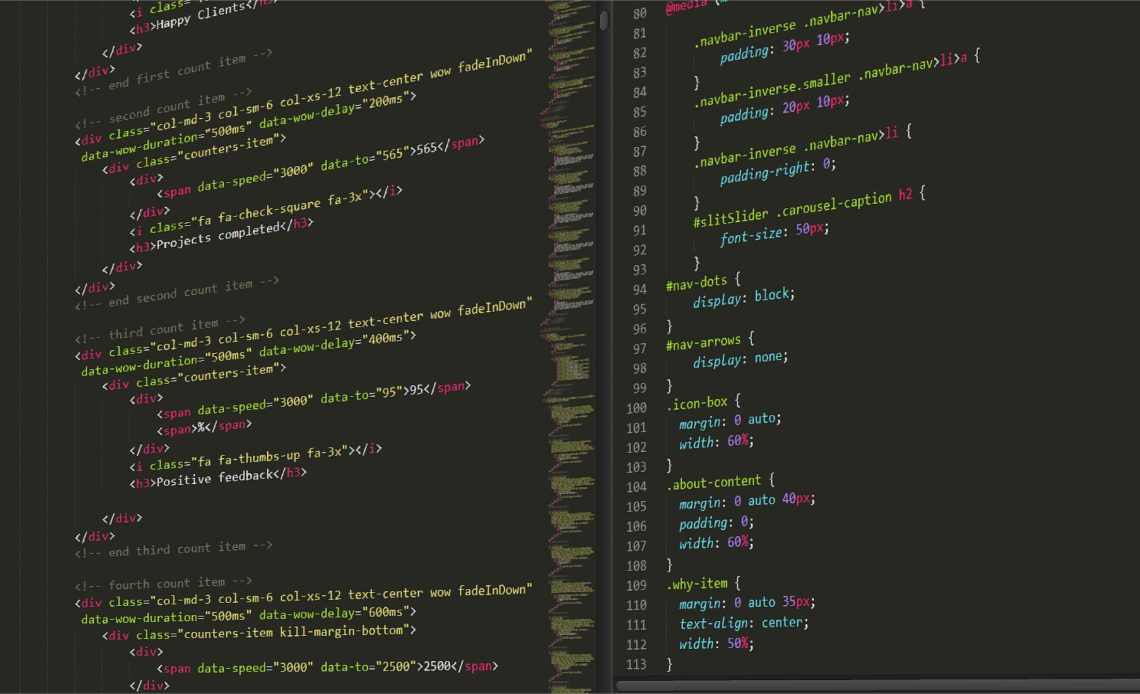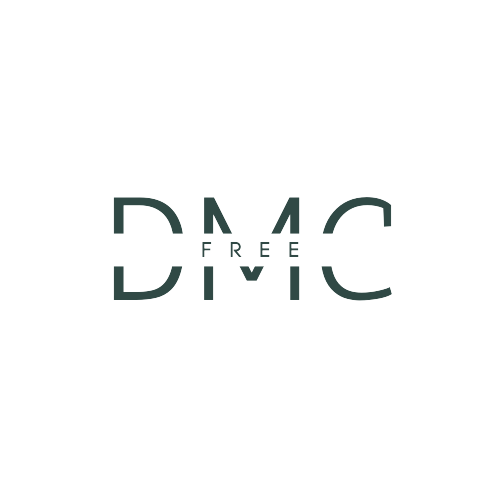
In today’s technologically driven landscape, delineating between the multifaceted roles within the industry becomes paramount for aspirants and stakeholders alike. Two such roles—product management and software engineering—while interlinked, operate on unique axioms, methodologies, and objectives.
Table of Contents
Who Gets Paid More: Software Engineers or Product Managers?
Financial compensation in the tech industry is influenced by several variables, from years of experience and skill set to geographical location and company stature. When comparing software engineers and product managers:
- Entry-Level Positions: Initially, software engineers often command a higher starting salary compared to entry-level product managers.
- Mid-Level Experience: As product managers ascend the corporate ladder, they might begin to see a more substantial remuneration, often due to the strategic and business-critical decisions they influence.
- Senior Roles: Senior or lead product managers, especially in high-growth tech companies, can command impressive compensation packages, sometimes surpassing even senior software engineering roles.
- Variability by Company: While the aforementioned trends are commonly observed, specific compensation can vary wildly based on the company. Some startups might pay product managers more due to the critical role they play in product success, while established tech giants might offer highly competitive packages to top-tier software engineers.
- Other Compensation: Beyond just the base salary, stock options, bonuses, and other benefits can also vary between these roles, especially in tech-centric companies.

Who is Higher than a Product Manager?
The product management hierarchy usually has several levels, ascending from entry roles to the most senior leadership. Let’s explore this hierarchy in a tabular form:
| Position | Responsibilities | Hierarchy |
|---|---|---|
| Product Manager (PM) | Overseeing product development, managing product lifecycle, stakeholder engagement | Typically an individual contributor or leading smaller teams |
| Senior Product Manager | Handling larger or more critical products, mentoring junior PMs | Often leads multiple product managers or oversees significant product lines |
| Group Product Manager | Managing a suite of related products or a product group | Leads a group of PMs, each handling distinct products within the group |
| Director of Product | Strategic direction for multiple product groups, cross-functional team leadership | Oversees multiple groups of product lines and holds significant decision power |
| VP of Product | Vision setting, cross-departmental collaboration, ensuring business growth via products | Part of the executive team and often reports directly to the C-suite |
| Chief Product Officer (CPO) | The highest product-related role, defining the company’s product vision and strategy | Part of the top executive team, frequently reports to the CEO |
Note: The exact titles and responsibilities can vary depending on the company, its size, and its industry focus.
Product Management:
The domain of product management predominantly orbits around the strategic envisioning of a product. This involves meticulous market research, rigorous strategy formulation, and synergistic collaboration across departments. A nuanced elucidation on this subject can be found in our detailed guide on What is Product Management?
Software Engineering:
Contrasting sharply, software engineering anchors itself in the tangible realms of software creation, evolution, and sustenance. Professionals here wield programming constructs and methodologies to sculpt digital solutions.
For a lucid demarcation between these domains, a tabulated comparison is presented below:
| Aspect | Product Management | Software Engineering |
|---|---|---|
| Central Focus | Envisioning product trajectory & defining strategy | Architecting, coding, and refining software applications |
| Primary Duties | Undertake market analysis, strategize product development, liaise with stakeholders | Code formulation, software testing, bug rectification |
| Essential Skills | Analytical acumen, communication prowess, market insight | Mastery over programming languages, algorithmic thinking, debugging expertise |
| Ultimate Objective | Align product direction with user requisites and business goals | Engineer reliable, scalable, and efficient software systems |
| Key Collaborative Entities | Design specialists, software developers, market strategists | Product management personnel, quality assurance professionals, peer engineers |
Both fields, though distinct, operate in a symbiotic relationship in most technological enterprises. Their collaborative efforts ensure the smooth transition of a product from the drawing board to the user’s hands.
For individuals contemplating a foray into these sectors, an initial stint as a Product Management Intern might proffer illuminative insights into the technological sphere.
Moreover, for a deeper academic dive into these realms, professionals often reference resources from esteemed platforms like Mind the Product, known for its erudite articles and analyses on the subject matter.
Conclusion
Both product management and software engineering play essential roles in product development. While product managers define and plan, software engineers implement and build. Choosing between them is a matter of personal preference and skill set. Each role contributes uniquely to a product’s success.
Frequently Asked Questions (Product Management vs Software Engineering)
What is better: product manager or software engineer?
Choosing between a product manager and a software engineer largely depends on individual predilections and career objectives. Product managers strategise, envision, and oversee product development. Conversely, software engineers operate within the realm of software design and development. Both roles have their unique advantages and challenges; one’s decision should be predicated on personal interests and future aspirations.
Is product management the same as software engineering?
No. Product management focuses on conceptualising, strategising, and guiding product development, whereas software engineering is dedicated to the actual design, creation, and optimisation of software. Though they are separate roles, collaboration is often required to achieve product goals in many tech companies.
Can a software engineer be a product manager?
Yes. Software engineers possess the technical background that can be beneficial in product management roles. Transitioning often requires them to acquire or strengthen skills like market understanding, communication, and strategic execution. While many software engineers successfully transition, it’s essential to recognise the differing nature of the two roles.
Is product management the best career?
The merit of a career in product management is contingent on individual objectives and inclinations. It can be highly rewarding for those adept at and interested in strategy, leadership, and cross-functional collaboration. Like all professions, it has its own set of challenges. It’s vital to evaluate both its benefits and demands to determine its alignment with one’s goals.


